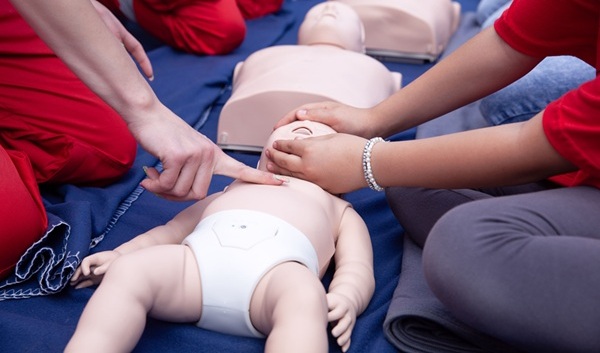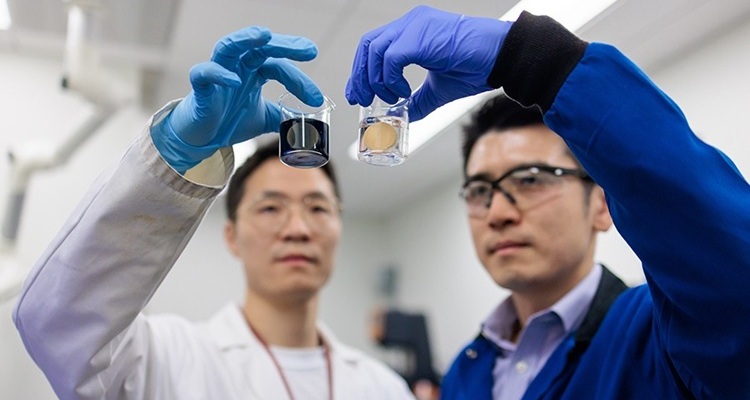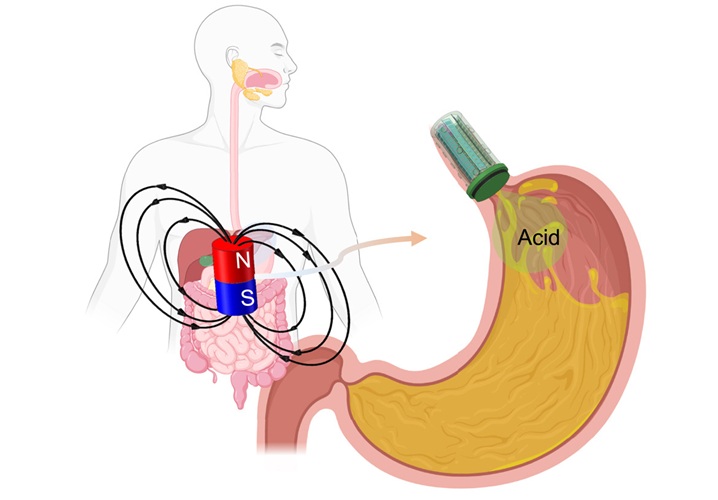Expo
view channel
view channel
view channel
view channel
Medical Imaging
AICritical CareSurgical Techniques
Health ITPoint of CareBusiness
Events
Webinars

- AI Models Identify Patient Groups at Risk of Being Mistreated in Hospital ED
- CPR Guidelines Updated for Pediatric and Neonatal Emergency Care and Resuscitation
- Ingestible Capsule Monitors Intestinal Inflammation
- Wireless Implantable Sensor Enables Continuous Endoleak Monitoring
- Wearable Patch for Early Skin Cancer Detection to Reduce Unnecessary Biopsies
- Safer Hip Implant Design Prevents Early Femoral Fractures
- Ultraflexible Neurovascular Microcatheter Delivers Therapies to Tiniest Blood Vessels
- Magnetic Soft Robotic Valve Provides Minimally Invasive Intervention for Acid Reflux
- Wireless Metamaterial Spinal Implants Can Feel, Heal and Communicate
- Major Study Examines Endoscopies that Fail to Detect Esophageal Cancer
- VR Training Tool Combats Contamination of Portable Medical Equipment
- Portable Biosensor Platform to Reduce Hospital-Acquired Infections
- First-Of-Its-Kind Portable Germicidal Light Technology Disinfects High-Touch Clinical Surfaces in Seconds
- Surgical Capacity Optimization Solution Helps Hospitals Boost OR Utilization
- Game-Changing Innovation in Surgical Instrument Sterilization Significantly Improves OR Throughput
- B. Braun Acquires Digital Microsurgery Company True Digital Surgery
- CMEF 2025 to Promote Holistic and High-Quality Development of Medical and Health Industry
- Bayer and Broad Institute Extend Research Collaboration to Develop New Cardiovascular Therapies
- Medtronic Partners with Corsano to Expand Acute Care & Monitoring Portfolio in Europe
- Expanded Collaboration to Transform OR Technology Through AI and Automation

 Expo
Expo
- AI Models Identify Patient Groups at Risk of Being Mistreated in Hospital ED
- CPR Guidelines Updated for Pediatric and Neonatal Emergency Care and Resuscitation
- Ingestible Capsule Monitors Intestinal Inflammation
- Wireless Implantable Sensor Enables Continuous Endoleak Monitoring
- Wearable Patch for Early Skin Cancer Detection to Reduce Unnecessary Biopsies
- Safer Hip Implant Design Prevents Early Femoral Fractures
- Ultraflexible Neurovascular Microcatheter Delivers Therapies to Tiniest Blood Vessels
- Magnetic Soft Robotic Valve Provides Minimally Invasive Intervention for Acid Reflux
- Wireless Metamaterial Spinal Implants Can Feel, Heal and Communicate
- Major Study Examines Endoscopies that Fail to Detect Esophageal Cancer
- VR Training Tool Combats Contamination of Portable Medical Equipment
- Portable Biosensor Platform to Reduce Hospital-Acquired Infections
- First-Of-Its-Kind Portable Germicidal Light Technology Disinfects High-Touch Clinical Surfaces in Seconds
- Surgical Capacity Optimization Solution Helps Hospitals Boost OR Utilization
- Game-Changing Innovation in Surgical Instrument Sterilization Significantly Improves OR Throughput
- B. Braun Acquires Digital Microsurgery Company True Digital Surgery
- CMEF 2025 to Promote Holistic and High-Quality Development of Medical and Health Industry
- Bayer and Broad Institute Extend Research Collaboration to Develop New Cardiovascular Therapies
- Medtronic Partners with Corsano to Expand Acute Care & Monitoring Portfolio in Europe
- Expanded Collaboration to Transform OR Technology Through AI and Automation





































